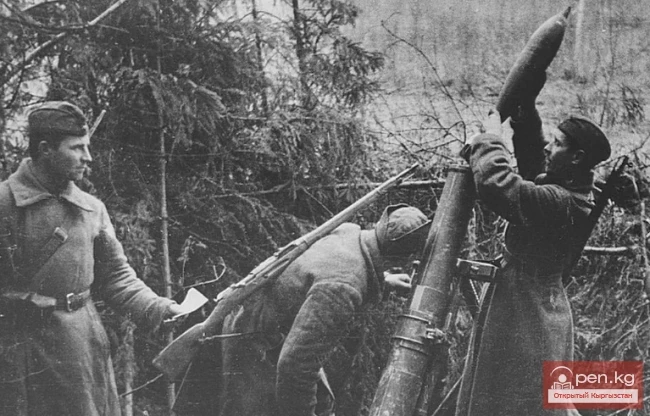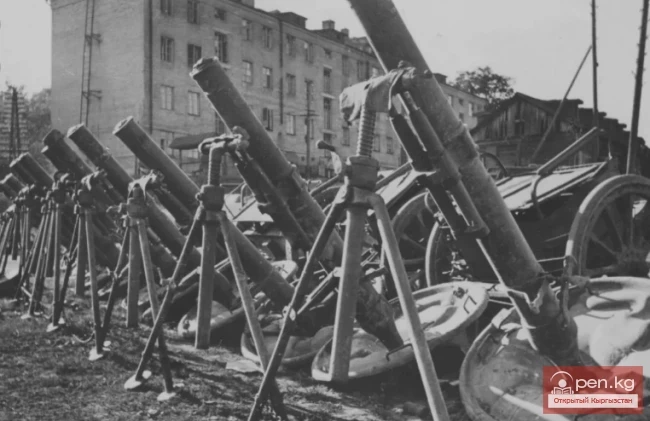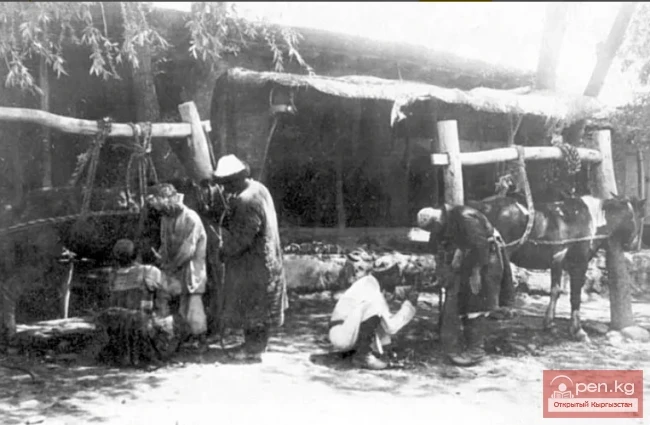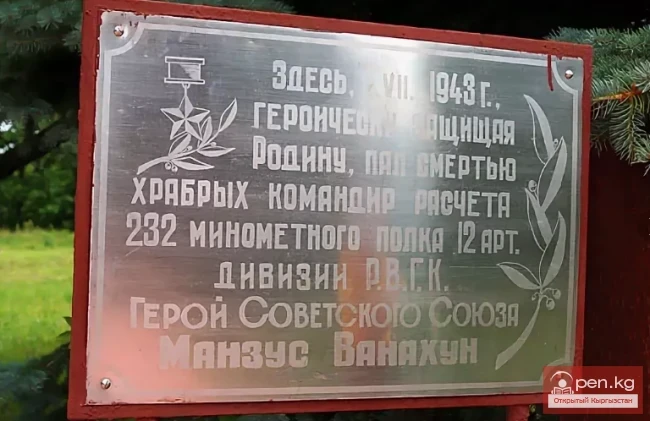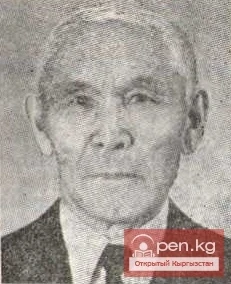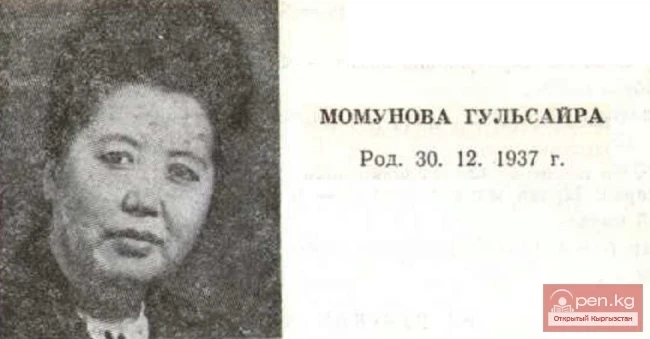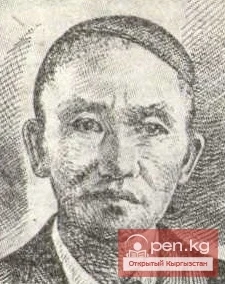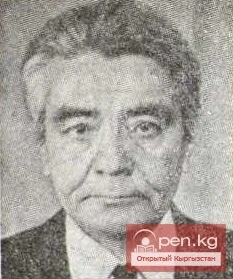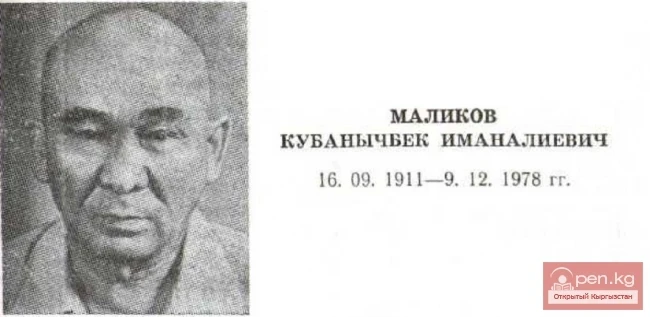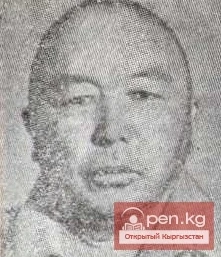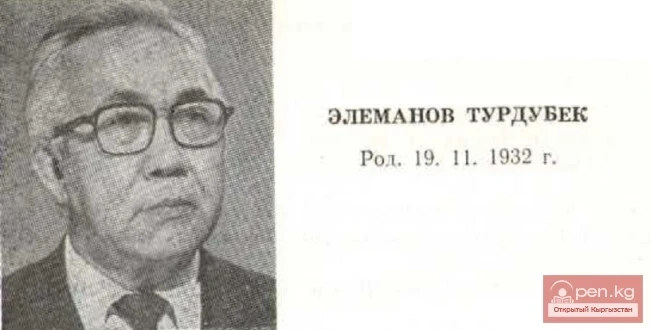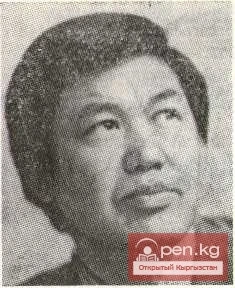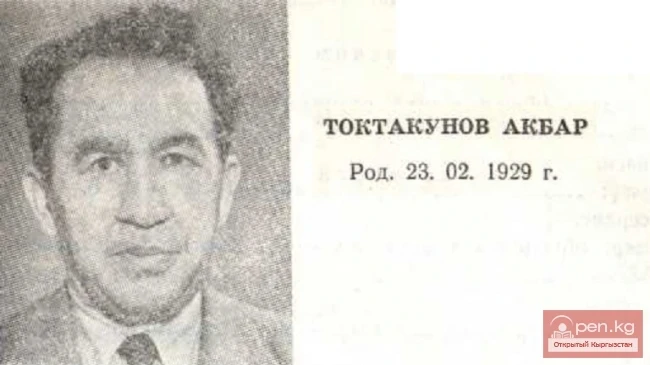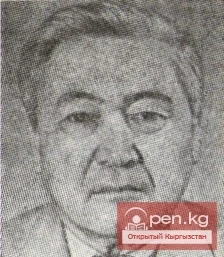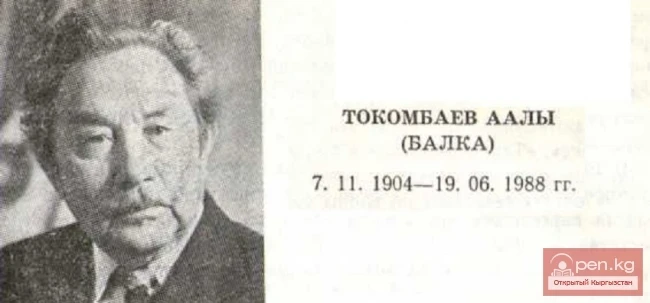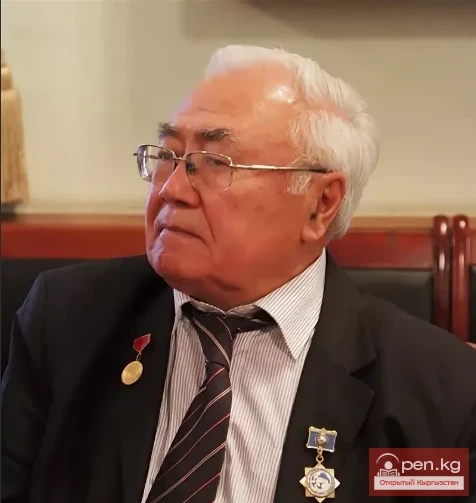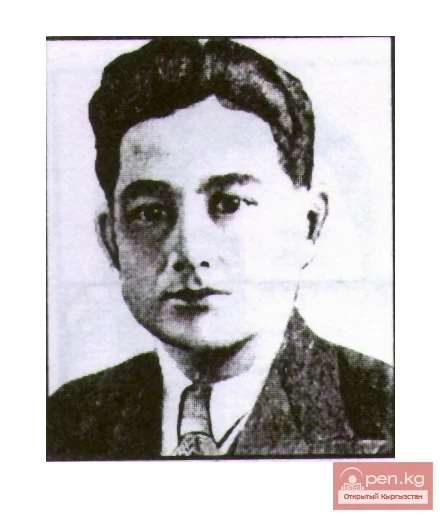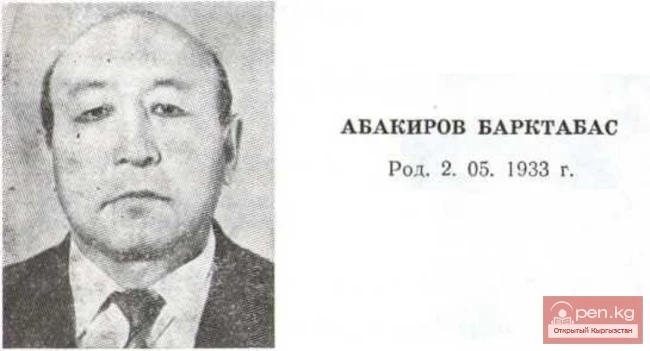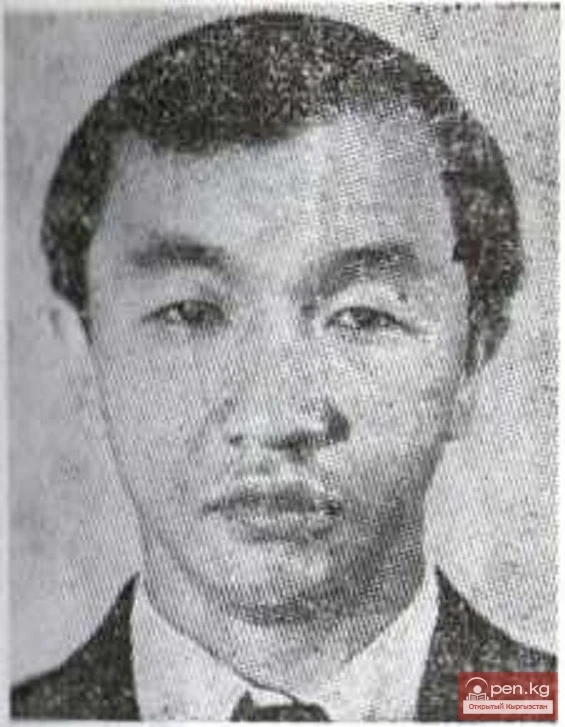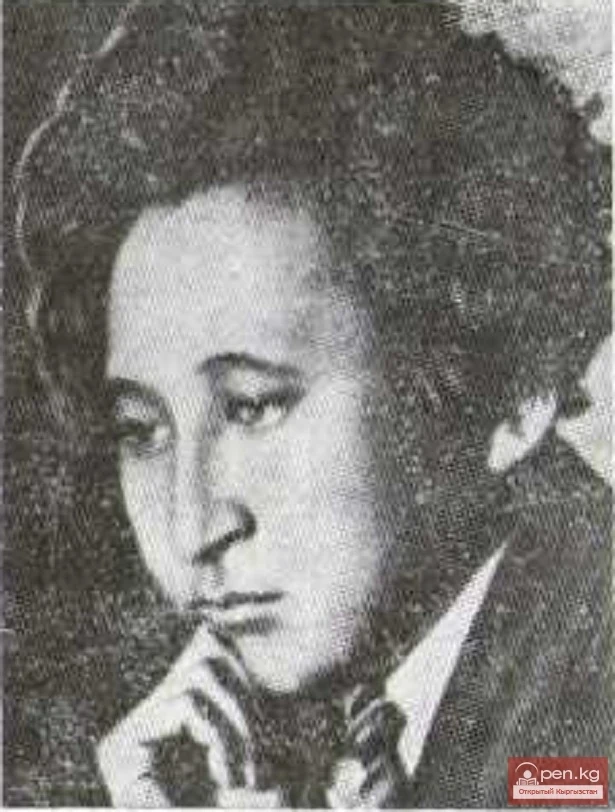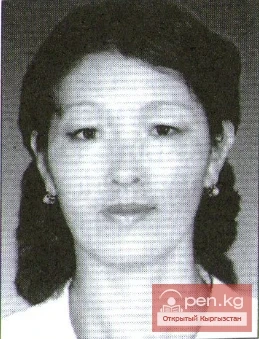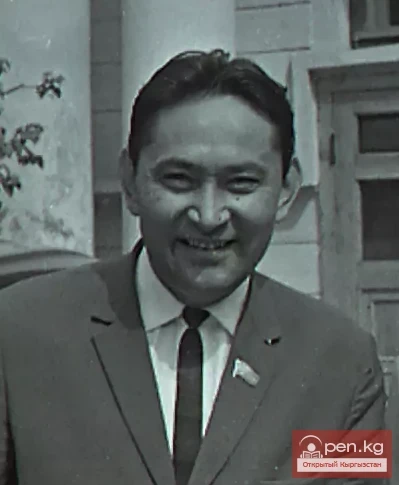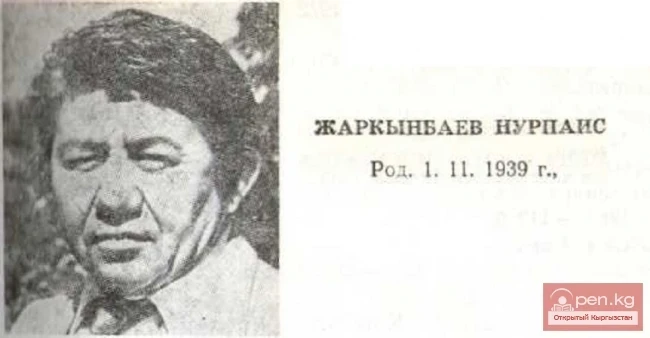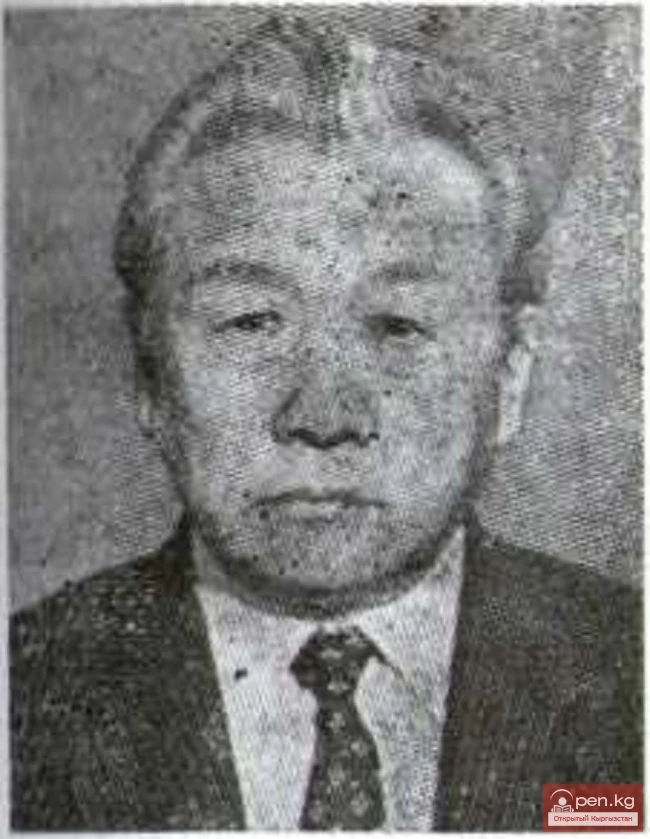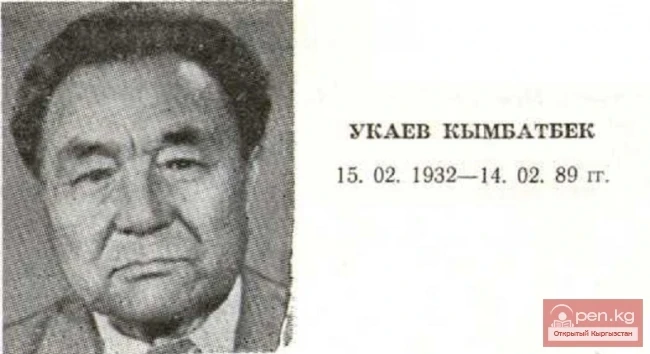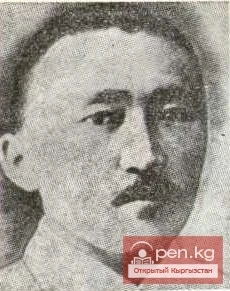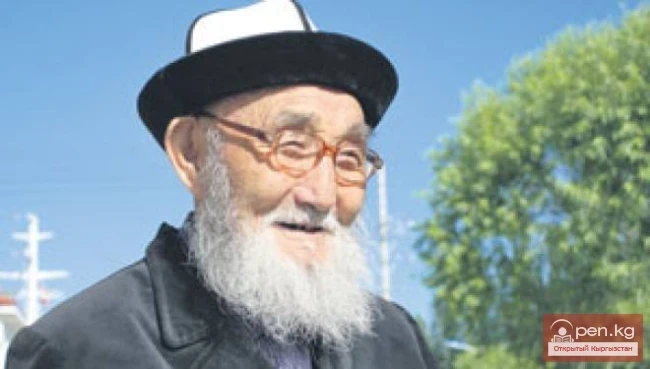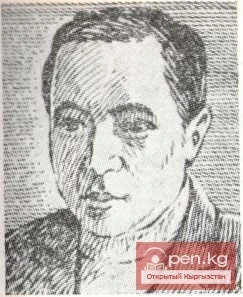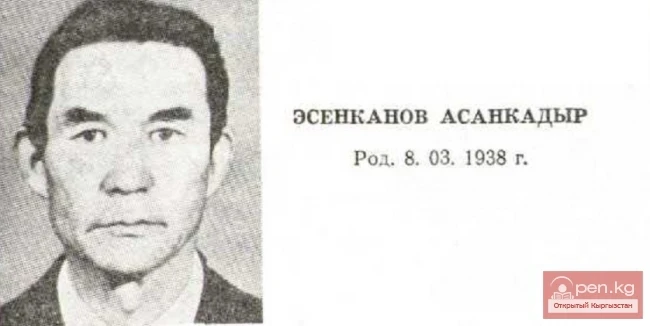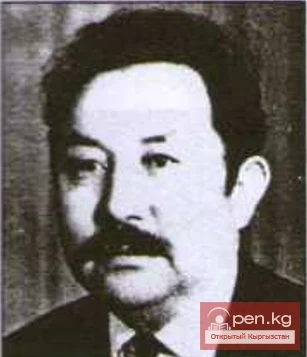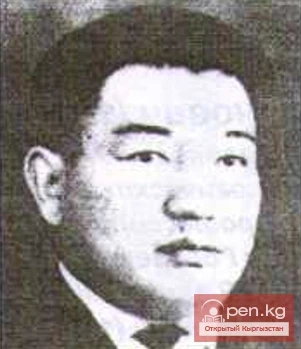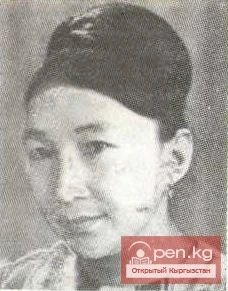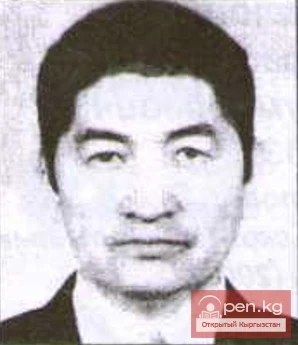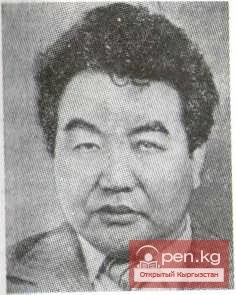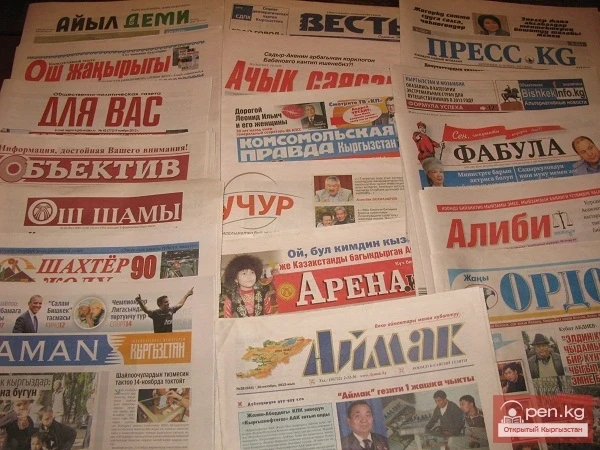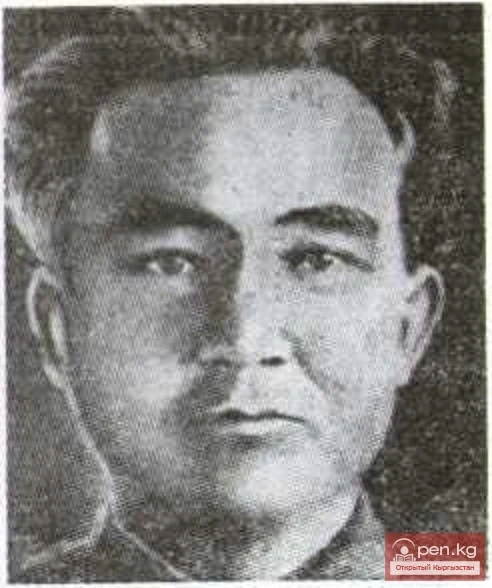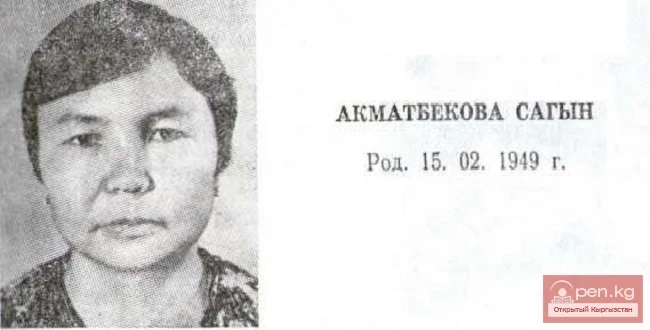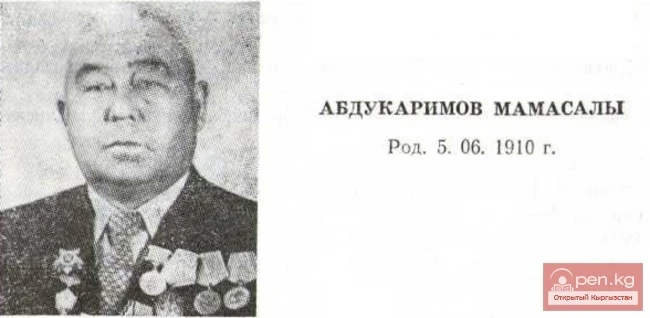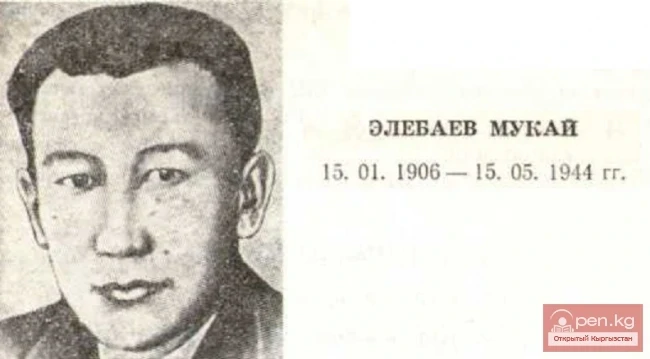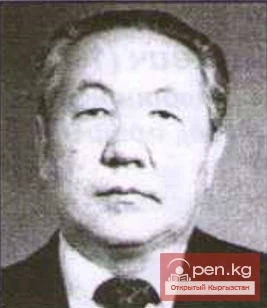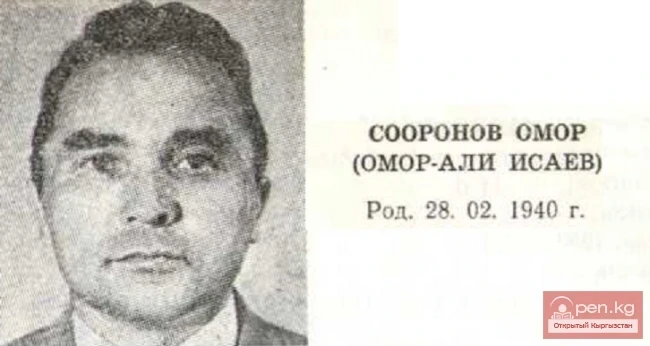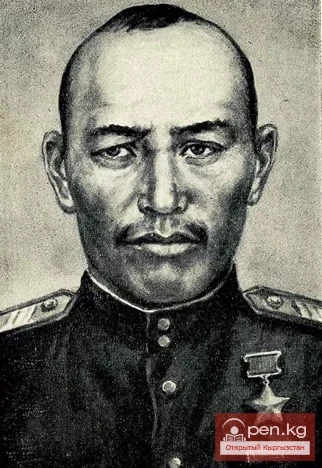
Hero of the Soviet Union Vonakhun Mansuz
Mansuz Vonakhun was born in 1907 in the village of Milyanfan in the Kant district of the Kyrgyz SSR. He was Dungan. A member of the Communist Party of the Soviet Union. His civilian profession was a cook. He was drafted into the Soviet Army in December 1942. Sergeant. Commander of a mortar crew.
During the Great Patriotic War, he fought on the Central Front in the Kursk area. It was in the gigantic battle on the Oryol-Kursk bulge that he demonstrated his heroism and courage.
On September 8, 1943, M. Vonakhun was posthumously awarded the title of Hero of the Soviet Union.
A school in the village of Milyanfan in the Kant district of the Kyrgyz SSR bears the name of the Hero, and a corner dedicated to Mansuz Vonakhun has been created in this school.
THE BIRTH OF A HEROIC DEED
In the heroic chronicle of the Great Patriotic War, the stories of the feats of the Heroes of the Soviet Union and full holders of the Order of Glory will remain bright and immortal pages.
From the sparse, yet most precious grains, we gather information about the people who gave their lives for the freedom and happiness of our multinational Motherland. People who have been awarded the highest title in our country — Hero of the Soviet Union!
About one of them — the glorious son of the Dungan people, the commander of a mortar crew, communist Vonakhun Mansuz — I would like to tell this story...
From the award sheet, we learn that during the battles for the village of Soglasnaya on July 5, 1943, the firing position of Vonakhun's mortar crew was surrounded by enemy machine gunners. The brave soldiers fought fiercely against the attacking fascists, but one by one they fell. The commander was the last one left. When the ammunition ran out, Vonakhun threw a grenade, but it did not explode. More than a dozen fascists immediately rushed to the trench. Seeing the inevitability of the capture of the mortar and his own capture, Vonakhun waited for the moment when the fascists would descend into the trench, took a mine, removed the cap, and struck it against the support plate, blowing up everything in the trench.
Vonakhun died a hero, destroying up to 50 fascists with his crew and not allowing his weapon to fall into the hands of the enemy.
What more can be added to these sparse and harsh lines of a specific account of the personal combat feat of a Soviet soldier? Can they characterize the depth of his soul, the urgency of his spiritual impulse, the roots of his selfless courage and military valor? Yes, they can!
The strength and greatness of the feat lie in its immortality and life-affirmation... It evokes not only boundless admiration but also a commanding sense of emulation. An inexhaustible source of mass heroism among Soviet soldiers and commanders was their boundless love for the Motherland and hatred for the enemy!
In the 232nd mortar regiment that hot summer of 1943, Vonakhun arrived from the reserve regiment, already battle-hardened from the fighting near Stalingrad and with the experience of a junior commander. The soldiers and commanders knew that heavy battles awaited them near Kursk...
By nature, Vonakhun was brave and fearless, always striving to go where it was hardest, where the battle raged the fiercest. To the regimental clerk who was accepting the documents of the arrivals, he immediately declared:
— I am Dungan! Do you know such a people?
The clerk shook his head.
— There is such a people! They live in distant Kyrgyzstan. So, together with my Russian brothers, I will defend our land from the fascists! I ask to be assigned to where it is hardest!
Where it is hardest... In these words, the character of Vonakhun shines through brightly, born into a poor and large family of farmer Shabaz, who lived on the outskirts of the district town of Pishpek. The dusty streets, scorched by the hot sun, the noisy Dungan market, and the most famous landmark of the then adobe and reed Pishpek — the pharmacy-ambulance of paramedic Vasily Mikhailovich Frunze, known to all the surrounding population...
From childhood, Mansuz Vonakhun and his brothers — Nusyvaza, Shilaza, Ibrahim helped their father — plowing, sowing, and harvesting. There was always work to be done around the household. From a young age, Mansuz experienced need and deprivation, ridicule and humiliation from the wealthy. And only the Great October brought freedom and the light of a new life to the peoples of Russia, including the small Dungan people. The labor of farmers became joyful.
After the October Revolution, Mansuz and his brothers moved from Pishpek to the village of Milyanfan, where they became rice growers. It is a difficult and complicated job — to grow rice, and not everyone has the calling for it. But the Dungans have long been recognized as masters of rice cultivation.
The work of rice growers became much easier when they joined the TOZ (a type of collective farm), and later the collective farm named after Frunze, organized in 1932. With each passing year, the yields of rice and other crops grew.
The people themselves changed, and among them appeared many renowned masters of high yields. There were many examples for the young hardworking collective farmer Mansuz Vonakhun to follow...
And then suddenly, war broke out. A deadly danger hung over the country. From the first days, Vonakhun persistently sought to go to the front… There, where it was hardest.
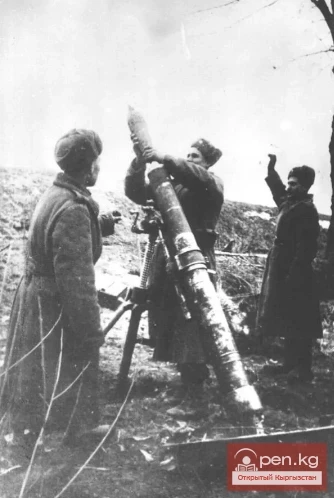
Since December 1942, he has been in the ranks of the Red Army — through the direction of the district military enlistment office, he ended up in the school for junior commanders. Vonakhun understood well that the cunning and strong enemy must be struck skillfully, and most importantly, mercilessly. In the breaks between intense studies, he diligently mastered the Russian language.
The path of Vonakhun through the roads of war was short and hard. But it was a clear and firm path across his native land to immortality and glory!
Here is how the last moments of Vonakhun's life and feat were described in the verses of writer A. P. Vostryakov, a former war journalist who lived in the same division with him;
... But no bullets,
No grenades!
What to use to destroy the crows?
There is only a mine with the soldier.
And all hope is on it.
Eyes
As if in a fog.
But the thought gives courage:
“Let the Dungan fighter die.
But Russia will not die!”
It is also noteworthy that in Vonakhun's crew, who also stepped into immortality, were Kazakh Shakhtobayev (gunner), Belarusian Hostyukhin (loader), Ukrainian Ustevich, Kyrgyz Abdulaev, Turkmen Abdzhaev, and Russian Andreyev (mine carriers).
And here is a letter from Vonakhun's comrade-in-arms, Andrey Maksimovich Kashlaty, which he sent to the village of Milyanfan to the family and relatives of the fallen Hero.
Hello, dear Meme, all your family and fellow villagers from the village of Milyanfan...
On July 5, 1983, it will be 40 years since the death of your father and fellow villager, Sergeant Vonakhun, who gave his life for our Motherland.
Let us honor his memory on this day.
You would be interested to know all the details of that battle and the death of Mansuz. I was the commander of the first mortar crew in the 4th battery of the 232nd mortar regiment, and your father commanded the sixth mortar crew of our battery (the battery had six 120-millimeter mortars).
We were formed in 1942 in the Urals. In January 1943, we went to the front, took up defense near the village of Troena in the Oryol region, not far from the village of Protasovo, where a monument has now been erected to all those who died in this area of battle (Protasovo is near the city of Maloarkhangelsk).
Our battery was located two kilometers from the enemy's defenses, the place was well visible, and we had to carefully camouflage ourselves and not show ourselves from the trenches to avoid giving ourselves away.
Therefore, we did not communicate with each other. But I had the opportunity to meet your father later, when the rye had grown, and we could somehow crawl out of the trench.
We were in defense until July 5, 1943.
On the night of July 4 to 5, scouts from the infantry regiment we were supporting captured a prisoner, from whom we learned that at 6 a.m. the enemy would go on the offensive.
At 2 a.m., to disrupt this offensive, we opened fire on the enemy positions. We maintained it until morning, and still, at 6 a.m., the Germans opened fire on our front line and sent in aircraft. The planes came in waves and bombed, bombed...
Our infantry could not withstand the onslaught of the enemy tanks and retreated, while we, losing contact with the division commander Pavel Ivanovich Konovalov, remained standing in place. Having fired all the mines, of which there were 360 for each mortar, we defended ourselves against the attacking fascists with automatic rifles and rifles. Our battery was surrounded. The fascists, determined to destroy us, fiercely pressed into our trenches.
It turned out that with large forces they pressed on the left flank of the battery, where Vonakhun's crew was located.
At 8 a.m., they broke into the trench, and the commander, your father, to avoid being captured, took the last mine, removed the detonator cap, struck it against the plate, blew himself up, and detonated the fascists who had broken into the trench with him.
He died as a brave fighter for our Motherland. For this feat, he was awarded the title of Hero of the Soviet Union.
Be proud of your father; he did everything he could. Many of our comrades died in this battle, and only a few were lucky enough to escape from the encirclement.
Later, the survivors avenged the fascists for your father and avenged fiercely. The 232nd regiment fought its way from the place where your father died all the way to Berlin...
Well, I have described to you everything that happened in that difficult time for us.
Send greetings to all your fellow villagers, pioneers who came to the meeting, and Vonakhun's granddaughter, whose name I do not know, but she did great and performed very well at the meeting in Maloarkhangelsk. Greetings from me and the comrades living in the Primorsky Territory (there are six of us here). If any of your villagers are in Vladivostok, we invite you to visit.
If we are in your area, we will stop by to see you in Milyanfan.
Sincerely, A. M. Kashlaty”
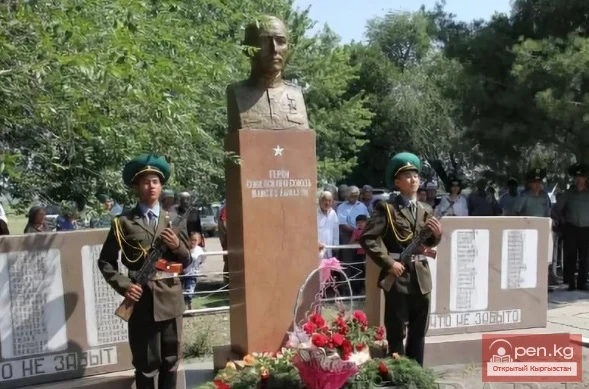
In the secondary school named after Mansuz Vonakhun, the young pioneers are gathering materials about Hero of the Soviet Union Mansuz Vonakhun piece by piece. Schoolchildren and teachers, leaders of the collective farm have opened a museum of military glory in his native village of Milyanfan...
And as the significant date approaches — the 40th anniversary of the Great Victory of the Soviet people over fascism, I increasingly think about how majestic and noble was the soul of the fallen Hero, how boundlessly he loved his Motherland, and how fiercely he hated its enemies.
I. KHAVAZOV
